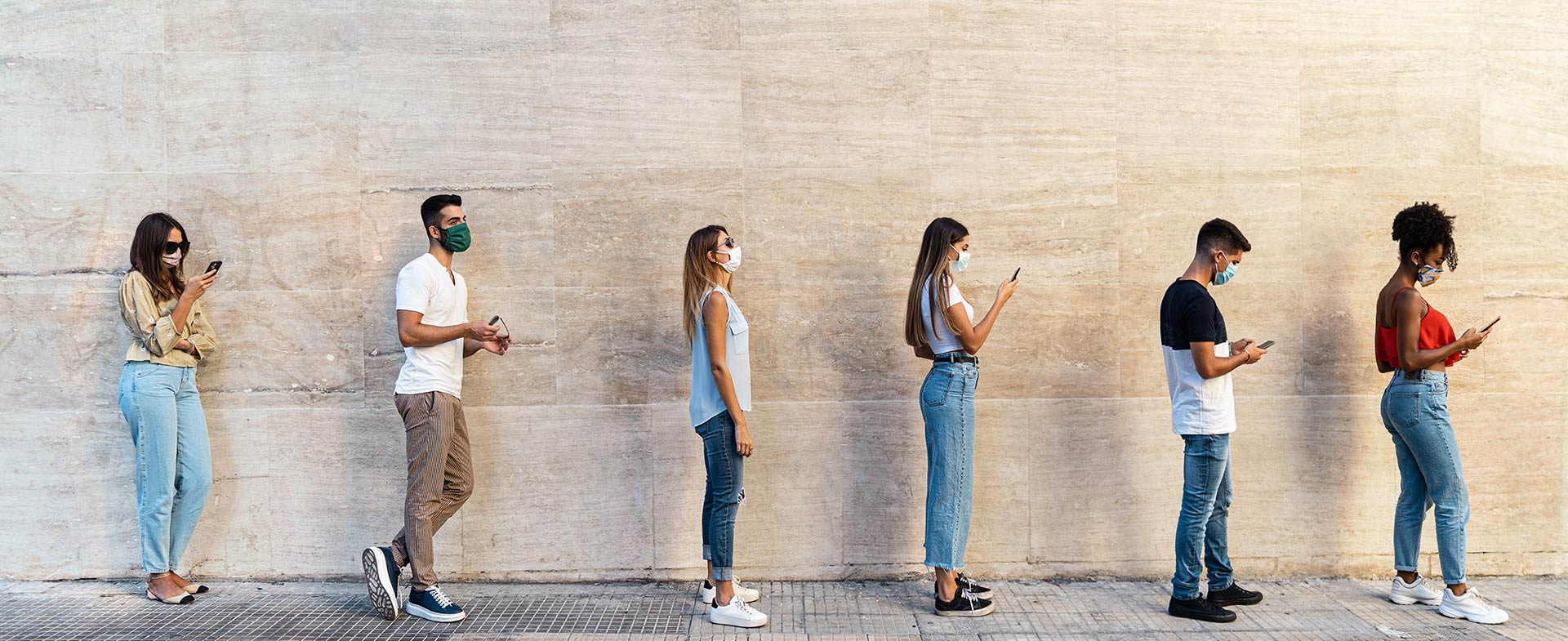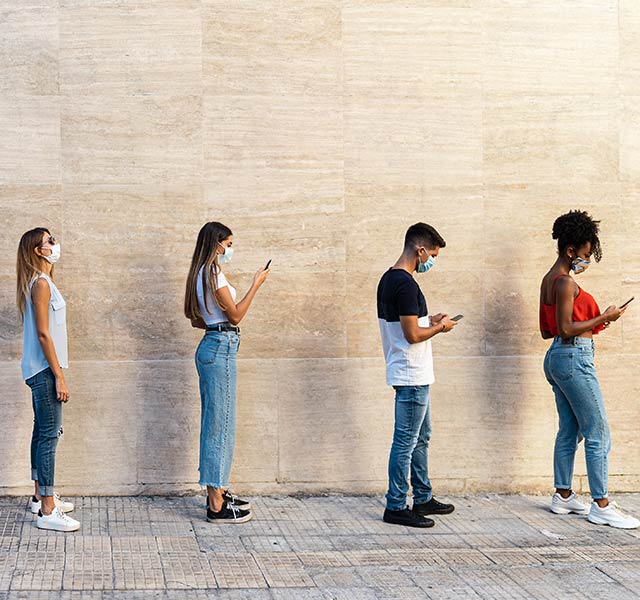More than a year into the COVID-19 pandemic, vaccinations are on the rise and we’re hearing a lot about when (and whether) we’ll reach that desired state of herd immunity.
“Herd immunity occurs when enough people in a population have protection from a virus that it can’t easily spread from person to person,” says Dennis Cunningham, M.D., medical director of infection control and prevention with Henry Ford Health. “When herd immunity is reached, a pandemic ceases to exist. And yes, life can return to normal.”
While the amount of COVID-19 vaccinations plus the amount of people who may have natural immunity to the virus could add up to herd immunity, it isn’t quite so easy to calculate. (And reaching herd immunity might not matter, anyway.)
Here, what to know about COVID-19 and herd immunity.
How many people need immunity from a virus to reach herd immunity?
Some say that when 60% of a population has immunity to a virus herd immunity will be reached, while others are more conservative with their estimates. Last December, Dr. Anthony Fauci, director of the U.S. National Institute of Allergy and Infectious Diseases, said around 70 to 85% of the population (including children) would have to have immunity from COVID-19 before herd immunity is reached.
“However, no one can be sure about the exact percentage because COVID-19 is a new virus,” says Dr. Cunningham. “We’re still learning how long immunity from COVID-19 lasts, and how strong natural immunity from COVID-19 is.”
Will we reach herd immunity with COVID-19?
We’re not entirely sure. “It depends upon a variety of factors, including the number of COVID-19 variants that appear, how well our current vaccines protect against these variants, and if not, how quickly new vaccines or booster shots can be made to defend against these variants,” says Dr. Cunningham.
What happens if we don’t reach herd immunity with COVID-19?
A likely scenario is that COVID-19 will become an endemic—but this isn’t such a bad thing. The flu and seasonal colds are also endemics, in that they circulate yearly but not to the same degree as a pandemic.
“If COVID-19 becomes an endemic, as long as we have vaccines to prevent hospitalization and death, we will still be able to resume our normal lives,” says Dr. Cunningham. “The important thing is that COVID-19 doesn’t continue to pose such a dangerous threat and cause such serious illness in people, which is what vaccines are for.”
That’s why we get a flu shot yearly (and so many other vaccines)! While the flu vaccine doesn’t always prevent someone from contracting the flu, it does help to lessen the severity of illness.
“Herd immunity would be amazing, but it’s just as exciting that the vaccines we have are proven to prevent death and serious illness from COVID-19. That’s what the important takeaway here is.”
To learn about safety precautions at our facilities, ways to get care at Henry Ford, or for details on our response to COVID-19, visit henryford.com or call 1-800-436-7936.
Visit henryford.com/vaccine for answers to frequently asked COVID-19 vaccine questions.
Dr. Dennis Cunningham is the medical director of infection control and prevention at Henry Ford Health.



